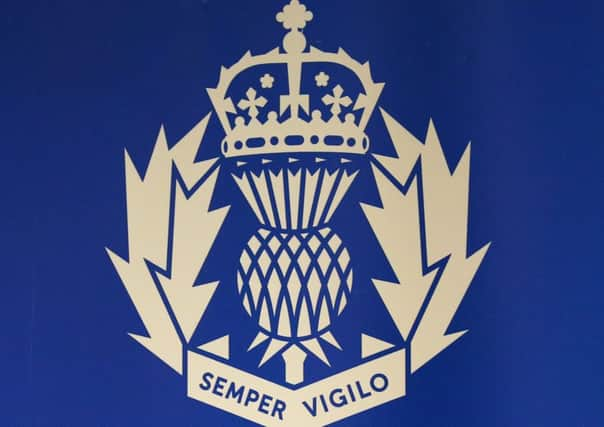More than 80 Police Scotland call handling errors uncovered


Since April, there have been 82 “notable incidents” including so-called near misses in Police Scotland call centres, according to files obtained by the BBC under freedom of information legislation.
They reveal staff made errors in the way they handled 999 and 101 calls for incidents about domestic abuse, road accidents and vulnerable children and adults.
Advertisement
Hide AdAdvertisement
Hide AdNotable incidents are defined as those where the effectiveness of the division is likely to have a “significant impact” on the reputation of the division, Police Scotland or partners, and where lessons could be learnt from the way it was dealt with.
Police said notable incidents accounted for 0.004% of calls received since April, the equivalent of one in every 22,500 calls.
A review of police call handling was carried out by HM Inspectorate of Constabulary in Scotland (HMICS) in the wake of the deaths of Lamara Bell and John Yuill on the M9 in July 2015.
Ms Bell, 25, lay injured for around 72 hours following the accident in Stirlingshire and later died in hospital.
Her partner Mr Yuill, 28, was killed in the crash, which was reported to police the day it occurred but the call was not followed up.
One of the recommendations in the ensuing HMICS report was that police should “promote an improvement culture where staff are encouraged to report adverse incidents or ‘near misses’”.
Police Scotland Deputy Chief Constable Johnny Gwynne, crime and operational support, said: “Public contact with the police through 999 and 101 calls and our response to the issues people report to us - often at times of crisis, emergency and need - is critical to the service we deliver.
“We strive to make that service and our response the best it can be and that is why it’s vitally important we get it right and learn from issues where management intervention is needed. Fostering a culture where staff feel able to highlight areas for improvement is key to that.
Advertisement
Hide AdAdvertisement
Hide Ad“Since the process began in April 2016, there have been 2.2 million calls from the public. We have excellent, committed staff and officers who receive those telephone calls and who respond on the ground.”
He added: “The process for capturing the information was introduced earlier this year following the assurance review into call handling and as the result of specific recommendation made my HMICS. The system was implemented to ensure the service continuously improves how we work and recognises the importance of providing additional training or implementing changes to processes to make our service better.
“The process is fully supported and well-used by our staff who, around the clock, perform a key role in public contact with the service and are a critical element in our front-line response.”
The files also included 11 “good work” incidents where examples of good practice by staff were highlighted, the BBC said.
George Graham, a Scottish Police Authority board member, said: “We are aware that since April and since this process started, there’s been about 2.5 million telephone calls in the 999 and the 101 systems, so we’re quite clear that this represents a tiny percentage of it, but we’re also pretty clear that it’s very important; there is a process in place to firstly identify, analyse, and then secondly if there is learning to be gained then the organisation learns from it.
“We are particularly keen to monitor this kind of process and we’re delighted to see that there is such a process in place within the police service.”